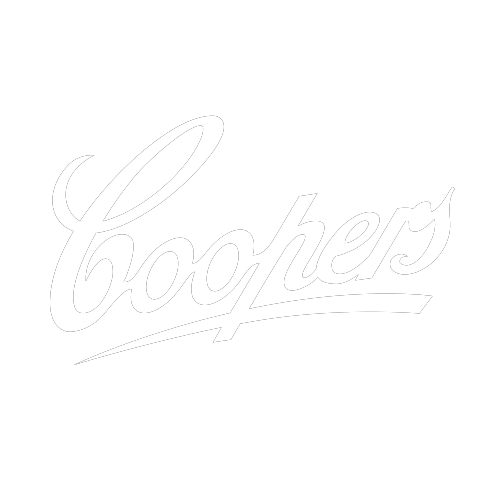Presented as a partnership between Queensland Film Festival and the Institute of Modern Art, this free screening, Historical Bodies, charts Portugal’s relationship with itself and others, using the body to mark sexual and political dynamics.
RSVP to secure your spot to this screening on Eventbrite here.
—
On the Dragon’s Flake
Ivo M. Ferreira, 2012 | 23 minutes
A reporter and a camera operator from a Macau tv channel embark on a journey to the south of China in order to unravel the sinking of a 12th century Chinese junk, contemporary of the sinking of Don Fuas Roupinho’s galley, admiral of the fleet of Dom Afonso Henriques, First King of Portugal.
Courtesy of the Portugese Film Agency.
—
Taprobana
Gabriel Abrantes 2014 | 23 minutes
In this short comedy, Luís Vaz de Camões, the greatest Portuguese renaissance poet, struggles creatively while engaging in a hedonistic, coprophagic, and drug addled lifestyle. The film follows the poet, and his lover Dinamene, as he writes his masterpiece, his epic The Luciads, a fantastic poem that tells of Portugal’s voyage’s of discovery and colonialism. He travels from the cacophony of the Indic jungles, surrounded by allegorical elephants and rhyming macaques, to the frontier of Heaven and Hell, where he is confronted by his fantasy: fame and immortality.
Courtesy of Gabriel Abrantes.
—
The King’s Body
João Pedro Rodrigues 2012 | 32 minutes
How would it look like, the body of Dom Afonso Henriques, first king of Portugal, tutelary figure, subject to successive mythifications throughout Portuguese history? Or, João Pedro Rodrigues holds a casting call for body builders to play the role of King Afonso, making them recite what they know of the King, his life, and then their life—creating an acute series of portraits under contemporary Portuguese austerity.
Courtesy of the Portugese Film Agency.






